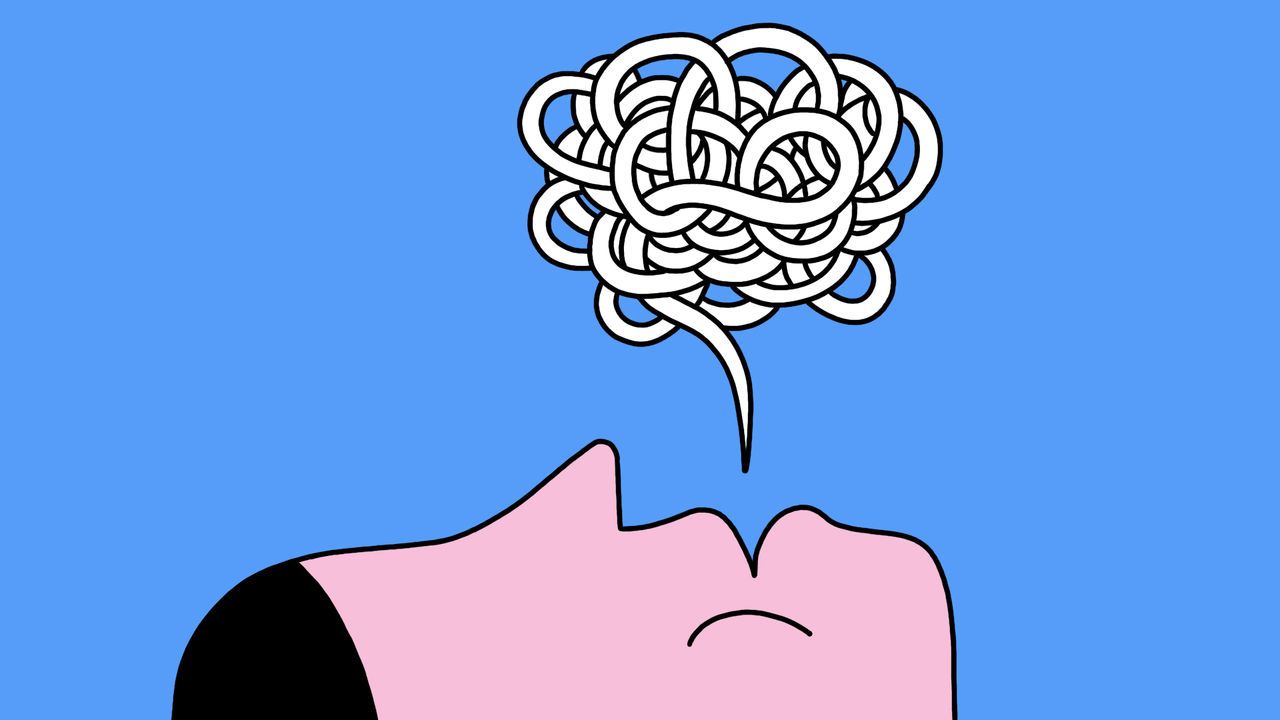- by
- 01 30, 2025
-

-
-
Loading

Loading

At 7BreathsBCRCTRCTADHD, a meditation studio in central London, groups of young-professional types gather several times a day simply to breathe. The studio offers yoga and meditation sessions but their signature class is focused on “breathwork”. Those attending sit cross-legged atop small cushions in the warm, minimalist space, as an instructor gently guides them first to pay attention to their breath and then to gradually lengthen the inhales, the exhales and the pauses in between. The goal: to de-stress.The Bhagavad Gita, a Hindu scripture from 1st or 2nd century talks about “pranayama”—a yoga practice of controlling the breath—and yoga texts from a few centuries later describe its benefits for steadying the mind. For modern breathwork-enthusiasts who say that guided breathing helps them feel better, it undoubtedly does. But to test whether such exercises can reduce stress in the as-yet-unconverted, you need randomised-controlled trials (s).A meta-analysis published in in 2023 compiled the results of 12 s, including some 785 participants, to examine the effect of slow-breathing on stress. The studies used a mixture of in-person coaching, online classes or self-guided breathing. Participants who took part in the breathwork sessions reported greater stress-reduction than those in the control group. The effect was small but significant, roughly in line with the benefit from online cognitive behaviour therapy.These findings come with caveats, however. Several studies, for example, recruited participants who were seeking help for stress and compared a subset who took part in breathwork classes with others who remained on a waiting list for care. This is a problem, as waiting for mental-health treatment can create a “nocebo effect”, where well-being gets worse. Comparing the people who receive treatment with a deteriorating control group can make interventions look better than they really are.In 2023 researchers at Stanford University published a study in Participants performed either mindfulness, “cyclic sighing” (two short inhales, one long exhale), “box-breathing” (inhale, pause, exhale, pause), or “cyclic hyperventilation” (30 short inhales and exhales, followed by a 15 second pause), for five minutes a day, for a month. Everyone got an initial mood boost at the start, but only those who were doing breathwork reported that their mood continued to improve as the study progressed. The best results were in the cyclic-hyperventilation group.How might breathing control mood? One idea is that it forces attention away from negative or stressful thoughts. Researchers have also found that voluntarily slowing breathing can increase heart-rate variability—the fluctuations in the timing between heart beats. This is often low in people with psychiatric disorders like depression, bipolar and ; increasing it, the theory goes, should therefore be a good thing. There is also evidence that slow breathing and stress regulation might share brain circuits, at least in rodents. A study published in in November 2024, found that stimulating a pathway that causes slow breathing in mice also suppressed their anxiety behaviours.The evidence on breathwork might still be unclear, but the practice appears to have no real downsides. Everything from gut health to infection is now understood to influence mental health. Slow, controlled breathing may soon be added to the list.